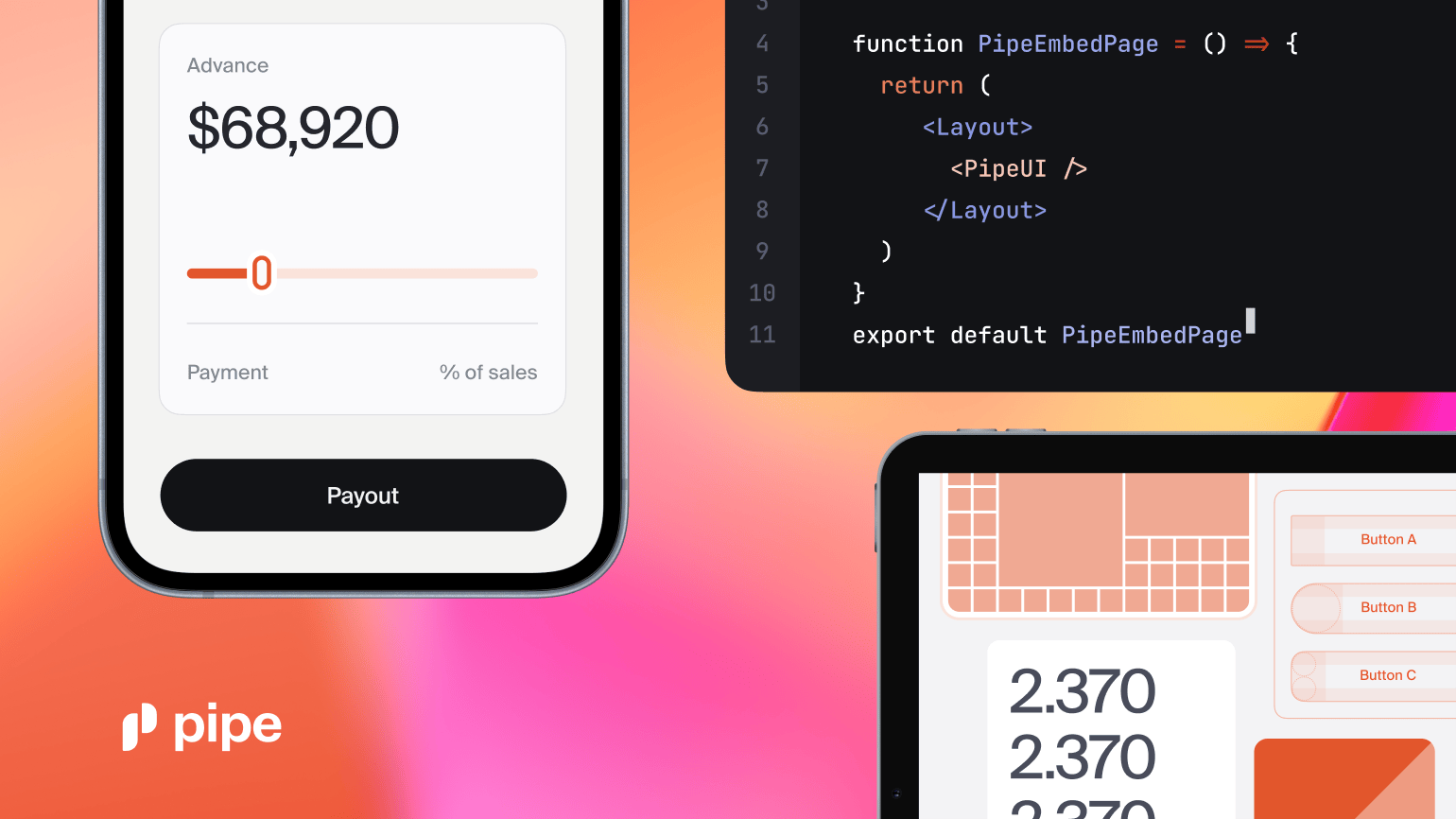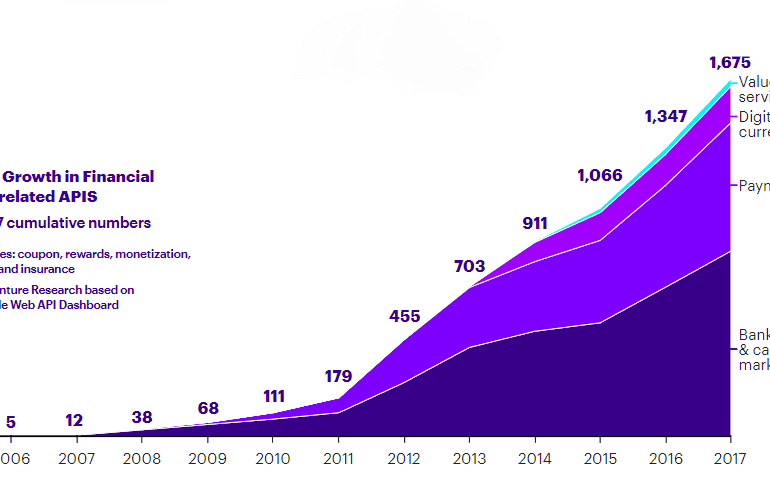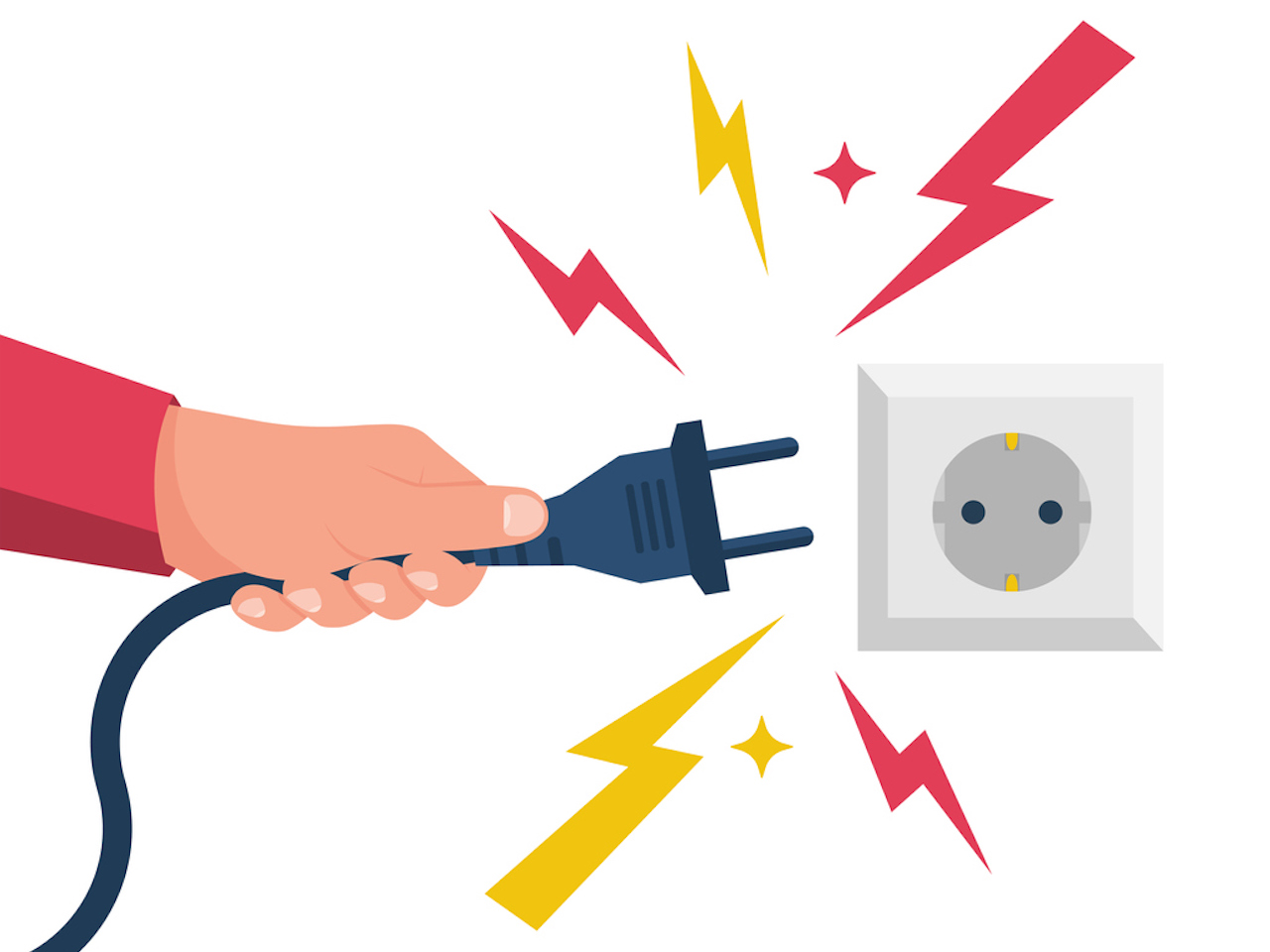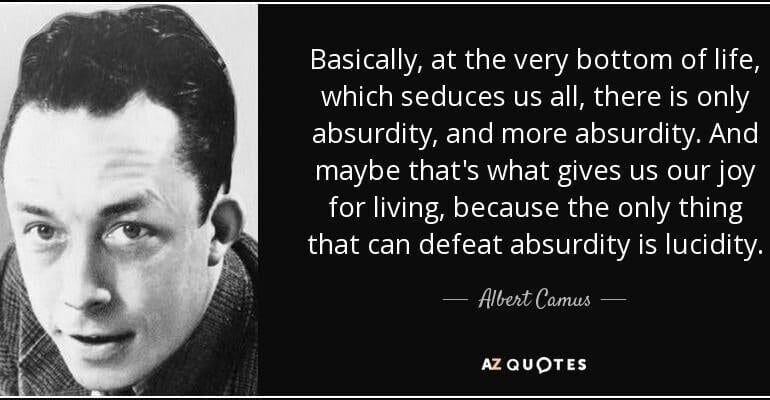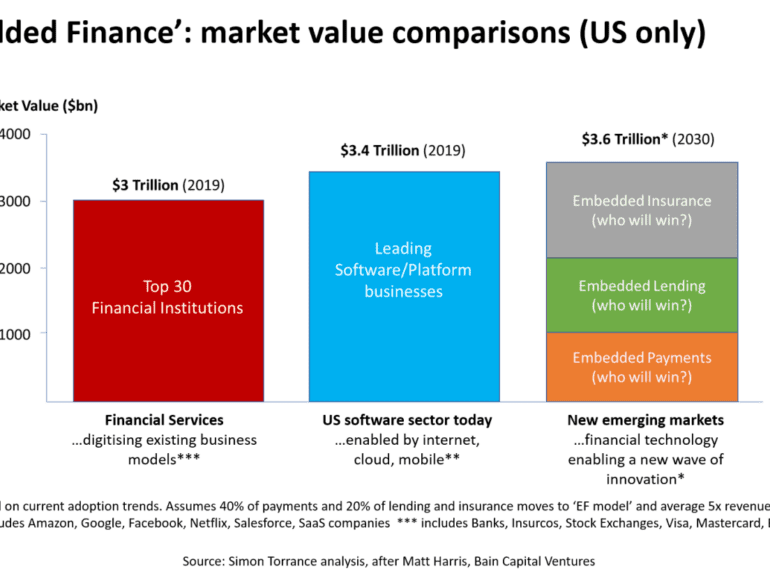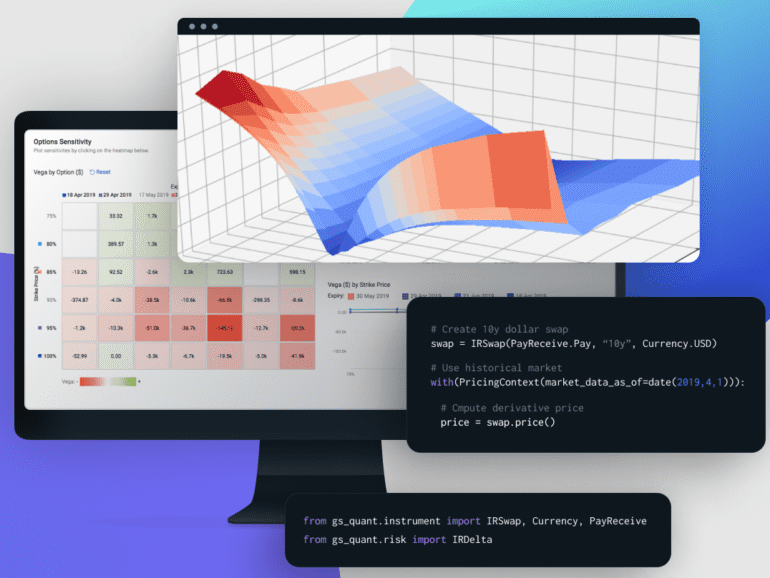Is embedded finance dead? Ahon Sarkar said your answer depends on where you fit into the ecosystem. Sarkar is the general manager of Q2’s Helix division. Helix works with companies to make personalized banking products.
Embedded lending technology now allows any brand to offer high margin lending products quickly and easily.
The financial sector is set to see a shift in the light of proposed data rate rules. The impact on embedded finance may be unexpected.
Pipe is launching a new embedded finance product to help small businesses. Their Capital-as-a-Service product has three launch partners.
In this conversation, we chat with Chris Dean, who is the Founder & CEO at Treasury Prime. Previously, Chris was the CTO & VP of Engineering at Standard Treasury, which was acquired by Silicon Valley Bank for an undisclosed amount.
More specifically, we discuss all things banking-as-a-service, FinTech APIs, embedded finance, and the general evolution of the FinTech banking industry over the last decade.
As Banking-as-a-Service develops into Embedded Finance, who holds the responsibility of compliance gets decidedly murky.
Findings from AI-powered tax-filing product april’s 2023 customer impact study suggest customers are receptive to a self-guided, mobile-first process.
This week, we get philosophical and look at:
Embedded finance and how it will be woven into the fabric of the Internet
Applying the philosophies of existentialism, nihilism, and absurdism to Finance
Parsing symptoms in decentralized finance (Based Protocol) as artistic protest
Finding Dadaist beauty in chaos
In this conversation, we talk all things embedded finance, platform banking, and APIs with Simon Torrance – one of the world’s leading thinkers on business model transformation, specializing in platform strategy, breakthrough innovation and digital ventures.
There’s an enormous gap between the financial needs of humanity and what the financial sector is able to deliver there. This gap is being filled by tech-savvy solutions and embedded finance plays which are putting into question the role of a bank in this new ecosystem.
digital transformationEmbedded Financeenterprise blockchainexchanges / cap mktsmega banksneobankOpen Bankingopen source
·In this analysis, we focus on Goldman Sachs launching an institutional embedded finance offering within Amazon Web Services, and Thought Machine raising a unicorn round for its cloud core banking platform. We explore these developments by focusing on the emerging role of cloud providers as distributors of third party software, think through some of the implications on standalone fintechs and open banking, and check in on AI company Kensho. Last, we highlight the difference between Web3 and Web3 approaches to “cloud”, and suggest a path as to how those can be rationalized in the future.





